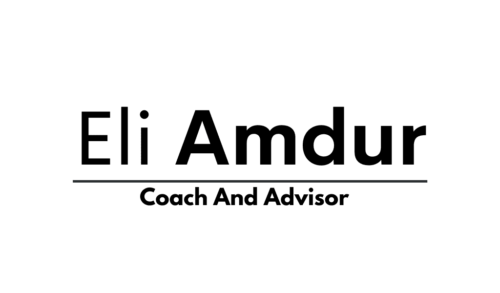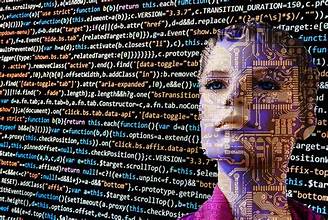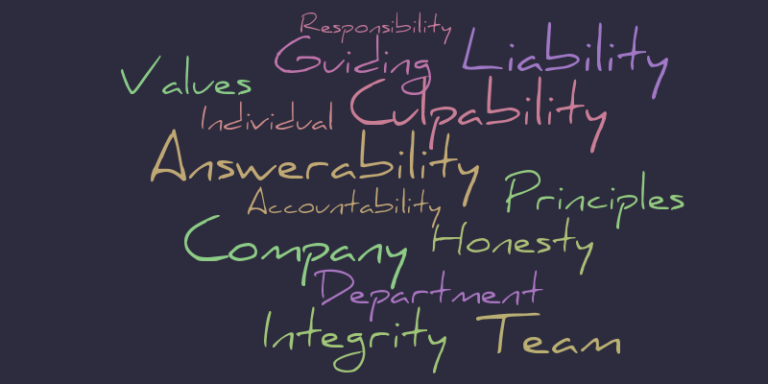Coming Soon: AI We Can’t See (Or Even Imagine) Yet
By Eli Amdur
If you’re not yet bored by the incessant flow of articles, posts, blogs, and podcasts about AI, then you’re either deprived or lucky, depending on your outlook. The fact remains, though, that the volume and frequency of reporting and commentary has made its mark.
Looking back? Or looking ahead?
That, if you’ll indulge my opinion, is because most of it lags and is therefore out of date and useless almost before it’s published. Why? Because most of it dwells on the present or the past – and nothing ever progressed that way. Do we really need another article on accounting jobs that will be lost to AI? Or research jobs created by it? We already know that.
Looking ahead, though, requires imagination and risk, precisely what most people fear. And it’s what I intend to do here. Now. “Imagination is more important than knowledge,” said Albert Einstein. With that, here’s the result of some quiet thought and a whole lot of “What if?” scenarios. Nothing more.
Discovery
There are 118 elements known to science, 94 of which are organic and found on earth. Does anyone think that’s it? My bet is on AI finding or leading us to more real soon. And with what we already know, there’s still expansion to be done: nickel in new Caledonia, a plethora of minerals beneath the see floor of the Cook Islands, cobalt in Zambia, more nickel in Ukraine, and so on.
Predictive modeling
“While the individual man is an insoluble puzzle,” declared Sir Arthur Conan Doyle, “in the aggregate he becomes a mathematical certainty.” Think how accurately AI could predict macro behavioral trends – no, even influence them, despite demographic r or geographic diversity. What a marketing tool.
Polling
Imagine polls with almost no margin of error. Imagine sample sizes not in the thousands but a hundred times that.
Ocean Literacy
In 2019, Loodewijk Abspoel, an expert in ocean literacy in The Hague, Netherlands and a personal acquaintance, told me that countless solutions and remedies for today’s planet lie on this planet already. They’re just submerged, that’s all. And, says Abspoel, we know less about the ocean than about space. That’s about to change.
Exploration
Somewhere deep beneath the sea, high atop a mountain, or beyond our solar system – waiting to be found – is something critical. But as is, it’s too obscure, too dangerous, or too difficult to get.
Not anymore.
AHA! moments in pharma and biotech
In 2009, Halicin was being tested as a treatment for diabetes, but development and trials were aborted due to poor results. Hardly a decade later – 2019 – AI researchers, using a deep learning approach, identified the same drug as a likely broad-spectrum antibiotic, quite the leap. The whole process took just three days.
Authentication
Years ago, an inocent shopper at a garage sale bought a framed oil painting for $4.00. At home, with the backing removed, what was discovered was what turned out to be a genuine original copy of the Declaration of Independence. What ensued was a protracted process of authentication, including historians, curators, archivists, forensic scientists, chemists, and forgery experts. Yup, it was the real deal, but it took forever to confirm.
Today with AI? Is that a previously unknown van Gogh? A hand-written score in Beethoven’s own hand? A genuine Mickey Mantle rookie card? A lot easier, simpler, quicker, and probably more reliable.
Refereeing, umpiring, and other adjudications
Pitcher pitches the ball. Batter doesn’t swing. Robot umpire: “Strike three!” Batter: “C’mon, ump, that ball was outside. Are you blind?” Robot: “You’re kidding, right?”
And no kidding about the rest of this.
+++++++
AHA! Moments – Lots of them in big pharma and biotech
In 2009, Halicin was being developed and tested for treatment of diabetes, but poor results aborted that development. However, Halicin was identified in 2019 by AI researchers as a likely broad-spectrum antibiotic. The entire process took just three days.



